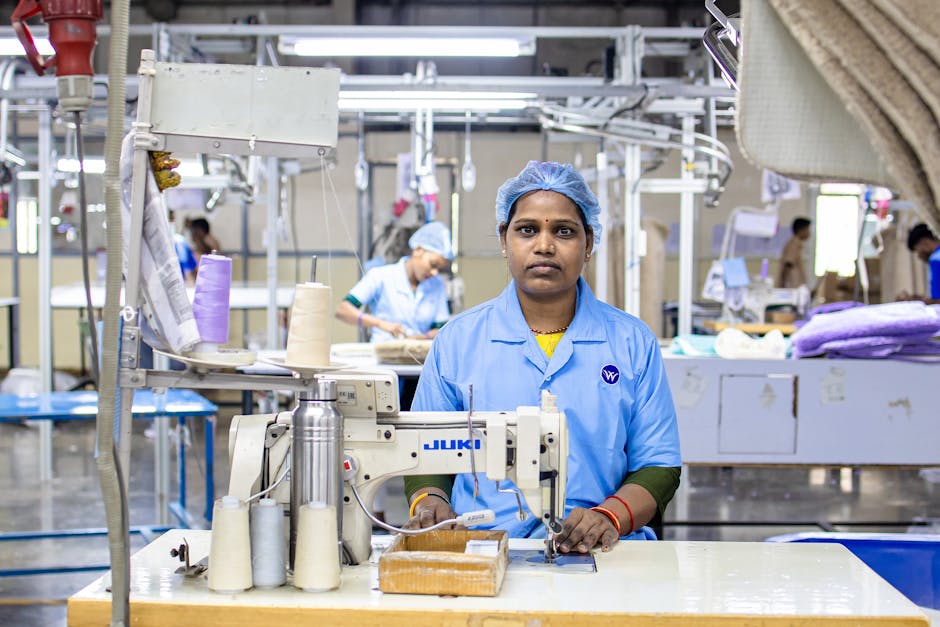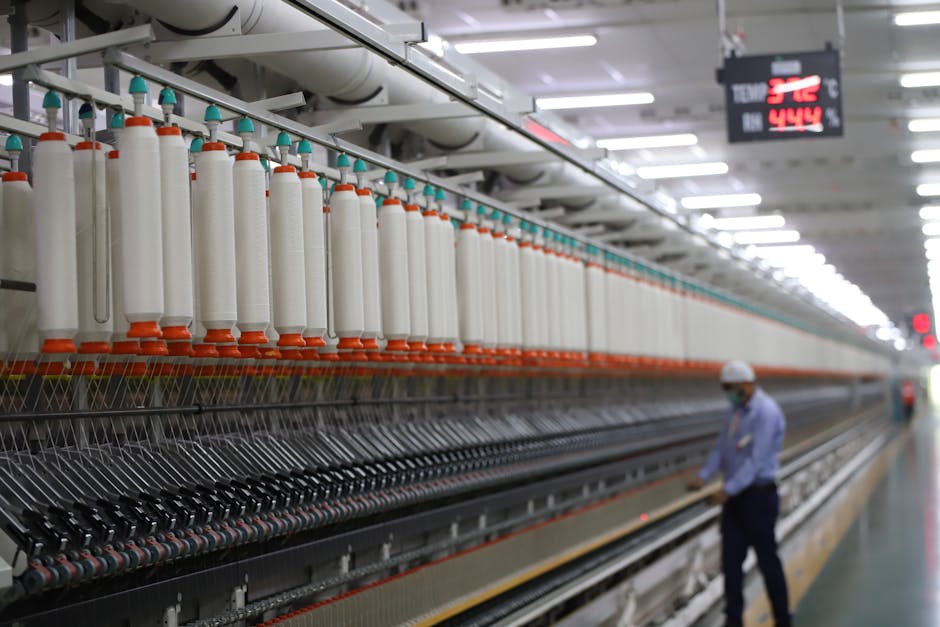Ericsson Commits to Manufacturing All Telecom Equipment Domestically in India

Ericsson, the renowned Swedish telecommunications company, has reaffirmed its commitment to India’s ‘Make in India’ initiative by pledging to locally manufacture all telecom equipment it sells in the country. Announced during the India Mobile Congress 2025, Andres Vicente, Ericsson’s market chief for Southeast Asia, Oceania, and India, shared this ambitious goal. The company’s commitment reflects a broader strategy to align with India’s vision of self-reliance in manufacturing while also addressing the growing demand for advanced communication technologies such as 6G.
Driving Innovation with Local Manufacturing

Pexels
Currently, Ericsson produces 4G and 5G network equipment in India, but the company still depends on imported components to complete its manufacturing processes. Vicente indicated that this is set to change. “Our intention is to manufacture in India everything we sell in India,” he said, emphasizing the importance of investing in a holistic ecosystem. The expansion will encompass key components like chips, filters, and batteries, providing a comprehensive domestic supply chain that will strengthen India’s position as a reliable global manufacturing hub for telecom equipment.
Future-Ready with 6G Development

Pexels
Among the standout announcements was Ericsson’s plan to include 6G equipment in its domestic production pipeline. With trial runs for the cutting-edge 6G standard expected to begin in India next year, the company is positioning itself as a pivotal player in the nation’s journey towards next-generation connectivity. This move not only highlights Ericsson’s technological foresight but also ensures that India stays ahead in the competitive telecommunications landscape. The deployment of advanced networks is integral for supporting the digitization of industries and smart city initiatives across the country.
Investments in R&D and Ecosystem Growth

Pexels
Ericsson’s commitment to India extends beyond manufacturing. The company currently operates three R&D centers in the country, including a recently expanded ASIC (application-specific integrated chip) development facility in Bengaluru. Additionally, Ericsson has commenced local production of passive antennas in partnership with VVDN Technologies. Vicente underscored that India’s potential to become a global leader in telecom manufacturing relies on strengthening the entire ecosystem, stating, “India has a lifetime opportunity to become an alternative ecosystem where all the components are produced locally.” These ongoing investments serve to boost India’s technological capabilities while creating new opportunities for local suppliers, talent, and innovators.
Implications for India’s Telecom Market

Pexels
This strategic move by Ericsson aligns with the Indian government’s push to position the country as a global manufacturing leader. By reducing dependence on imports, fostering local innovation, and creating jobs, this initiative has a far-reaching impact on India’s economy and telecom sector. As global demand for high-speed networks like 5G and 6G grows, India’s ability to serve as a manufacturing and R&D hub positions it as a critical player in the global telecommunications industry.







